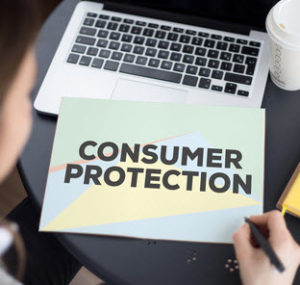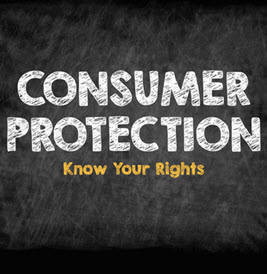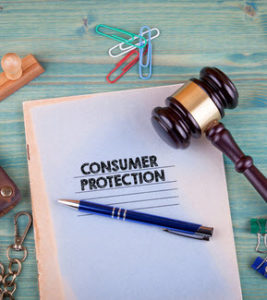Cell phone account fraud is the latest consumer fraud privacy threat keeping consumers up at night. Criminals open up phone cell phone accounts, and use them to access others’ bank accounts, open new credit cards, or sell information for other criminals to use. In 2017 alone, the number of victims increased 63 percent from the previous year.
This can have an absolutely devastating impact on your finances, and can sometimes be impossible to overcome in terms of your credit and reputation. Unlike credit card fraud, cell phone account fraud unfortunately doesn’t have the infrastructure or consumer protections in place to allow for timely resolutions, and it can be extremely difficult to detect, giving criminals time to break the law in your name. Below, we discuss how criminals engage in these fraudulent activities, and how you can help avoid becoming a victim.
How It Works
Unlike bank or credit card accounts, cell phone accounts are relatively easy to open, especially if someone obtains your address, driver’s license number, and other personal information. Criminals can also “port” your phone number, where they take your current phone number, transfer it to a fake account, and allow others to access your bank accounts, cryptocurrency accounts, retirement accounts, and other important financial accounts.
Other activities criminals use cell phones to commit fraud with include:
- Using your cell phone bills to establish a credit history in your name, then opening up financial accounts in your name;
- Selling your cell phone number to criminals engaged in drug dealing, human trafficking, and other serious crimes; and
- Using your information to agree to finance a costly new cell phone.
How to Prevent Cell Phone Fraud
Currently, there are no real regulatory protections in place for consumers in the same way that they are protected in banking practices. This also means that making your case to service providers is more difficult and time-intensive.
The first step you should take is to place a freeze on the type of information used to open a cell-phone account with credit reporting agencies that are supplied data by phone, TV, and utility service providers, such as the National Consumer Telecommunications and Utilities Exchange. In addition, obtaining a PIN for your account can help prevent criminals from transferring your current phone number to a new account (i.e. to prevent “porting”). Finally, make sure that you monitor your bank account, cell phone bills, and other financial transactions.
Florida Commercial Litigation & Consumer Protection Attorneys
At Lavalle, Brown & Ronan P.A., we have a combined 130 years of experience working to protect clients from consumer fraud in Boca Raton and surrounding areas of Florida. If you have been a victim of consumer fraud, contact us today to obtain a free consultation so that we can guide you through a solution.
For more information and in depth analysis, please contact Attorney Ken Ronan at kronan@bocalaw.com and Case Manager Richard Bagdasarian at rbagdasarian@bocalaw.com.
Resource:
consumerreports.org/scams-fraud/cell-phone-account-fraud/




